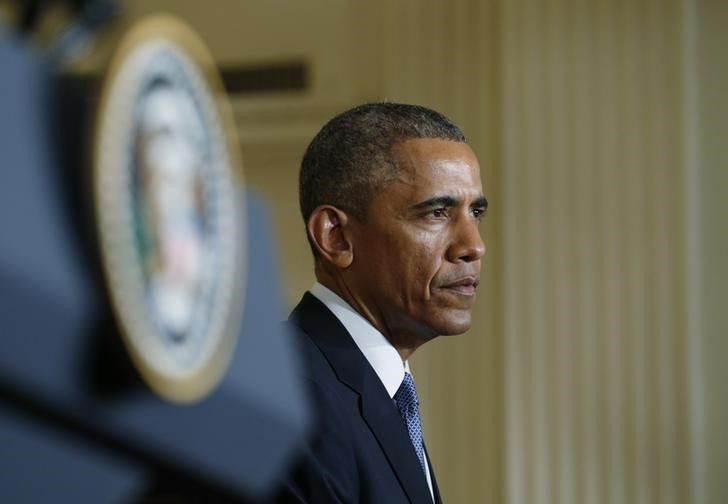State Of The Union 2015: How Will The SOTU Shape Obama's Legacy?

When he gave his first State of the Union address in 2009, President Barack Obama said that “now is the time to act boldly.” Six years into his presidency, Obama has finally taken his own advice. During the past few months, the president has announced executive actions to protect millions of immigrants who are living in the country illegally from deportation, undid decades of the longstanding policy on Cuba by taking steps to restore full diplomatic relations with the island and vowed to push for free community college for Americans in his State of the Union speech on Tuesday. “My presidency is entering the fourth quarter. Interesting stuff happens in the fourth quarter,” he said in December.
The breakneck pace Obama is on as he begins the final two years of his presidency is part of his realization that he wants to define his presidency beyond Obamacare and the stimulus package -- the hallmarks of his first term that have so far marked his tenure, according to Dan Schnur, executive director of the Jesse M. Unruh Institute of Politics at the University of Southern California in Los Angeles. Unlike Obama’s first six years in office, the president will have to deal with a Republican-controlled Congress. That means Obama may continue to use executive actions and discretion to move his policy agenda.
“He realizes that he doesn’t have a lot of time left in office, and he realizes that he’s not going to be able to accomplish a great deal through Congress,” Schnur said. “Those two motivators seem to be driving him forward.”
Obama toured the country last week to drum up support for initiatives he will push for in the new Congress, including paid family leave, free community college tuition for high school graduates who maintain a 2.5 GPA, a reduction in the interest rate on mortgage insurance premiums for loans backed by the federal government to help hundreds of thousands of Americans buy their first home and expanding broadband Internet access across the country to help business become more competitive. His appearances across the country served as a preview of his State of the Union address and a guide for the president’s immediate agenda.
The community college plan is not popular with Republicans because taxpayers will have to bear the brunt of the costs. Similarly, paid family leave won’t be passed by Congress because Republicans are concerned about the $11.4 billion the proposal will cost business owners over five years. That leaves executive action as Obama’s only option to push this part of his agenda in the next two years.
The president “realizes that he’s not going to get a lot done through Congress and the White House has seen some favorable public reaction to these executive actions,” Schnur said. “It’s very likely there will be quite a bit more of the same going forward. Most of the things he’s talking about don’t have much of a chance on Capitol Hill so more limited executive actions along these same lines seem pretty likely.”
While a majority of Americans agreed with the president’s policy change on illegal immigration, they disagreed with the process of taking executive action to implement it. But Republicans’ characterization of the president as overreaching won’t define his legacy as long as immigration, Cuba and other policies are judged to be effective after Obama leaves office, according to Schnur. “By the time he leaves office, the fact that he acted by executive order will be largely forgotten,” he said.
Still, the proposals Obama will outline on Tuesday aren’t the types of plans for which he will be remembered. None of these things rise to the level of history,” Schnur said.
If Obama is looking for a presidency-defining moment, he would have to turn to a big campaign promise from 2008 that he hasn’t lived up to: Closing Guantanamo Bay, the controversial prison where terror suspects are being held. “If he is able to close Guantanamo by the time he leaves office, that’s certainly something that would be part of his historical legacy, so that is a commitment that he has not yet kept that he still seems to be working toward,” Schnur said.
© Copyright IBTimes 2025. All rights reserved.






















